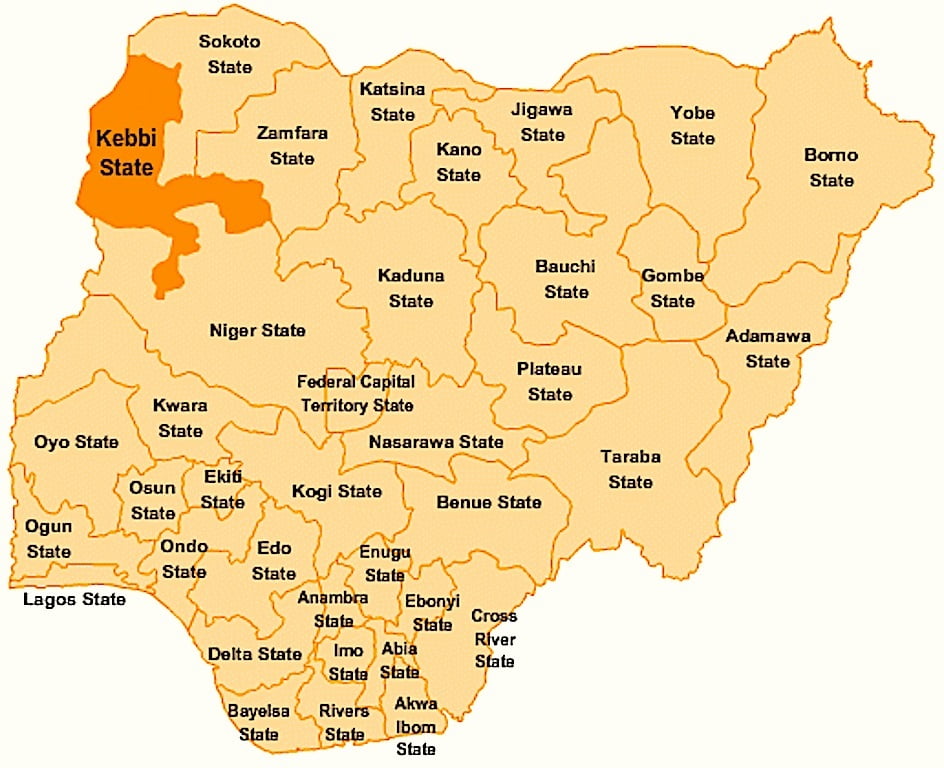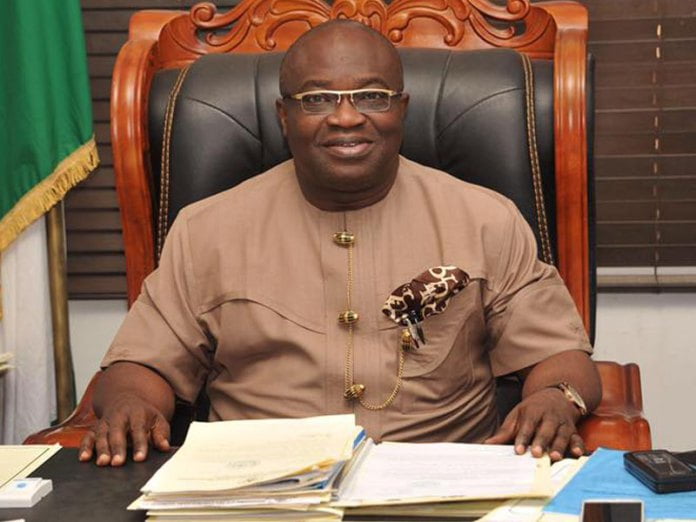Despite opposition from stakeholders, the federal government has perfected ways to borrow funds from unclaimed dividends and dormant bank account balances unattended to for at least six years, thanks to the 2020 Finance Act.
With the coming into force of the law, which empowers the federal government to borrow from the two sources, proceeds from the two sources will stand as special credit to the federal government through the Unclaimed Funds Trust Fund contained in the Finance Act 2020, recently signed into law by President Muhammadu Buhari.
Part of the law provides that, “Any unclaimed dividend of a public limited liability company quoted on the Nigerian Stock Exchange and any unutilised amounts in a dormant bank account maintained in or by a deposit money bank, which has remained unclaimed or unutilised for a period of not less than six years from the date of declaring the dividend or domiciling the funds in a bank account, shall be transferred immediately to the trust fund.”
According to the law, the monies
transferred to the trust fund will be a “special debt owed by the
federal government to shareholders and dormant bank account holders.”
The law, however, exempts official bank accounts owned by the federal
government, state governments or local governments or any of their
ministries, departments or agencies.
The operation of the trust fund will be
supervised by the Debt Management Office (DMO) and governed by a
governing council chaired by the finance minister and a co-chairperson
from the private sector appointed by the president.
Other members of the governing council shall include the governor of the
Central Bank of Nigeria (CBN), director-general of the Securities and
Exchange Commission (SEC), managing director of the National Deposit
Insurance Corporation (NDIC), a representative of the registrars of
companies, two representatives of the shareholders’ association, a
representative of the Bankers’ Committee with the director-general of
the Debt Management Office functioning as the secretary of the trust
fund.
The law provides that the original owners of the money can claim it at any time.
But many shareholders and other members
of the capital market community had opposed the provisions of the law,
saying the government lacks powers to manage funds belonging to private
sector investors.
“Dividends are private wealth of investors, either individuals or
corporate entities. The idea of converting such private wealth to
federal wealth negates the relevant provisions of the rights to own
property as guaranteed by the 1999 Constitution. Our opinion is that S39
to the extent of its inconsistency with S44 of the 1999 Constitution
(as amended) is null and void.
The law expressly states that there shall be no forceful takeover of any private movable property of any Nigerian without due and appropriate compensation and or valid court order,” shareholders under the aegis of Independent Shareholders Association of Nigeria (ISAN) had said.
According to them, dividends are only available to investors after “the company has paid a host of taxies, including companies income Tax Act (CITA), Educational Trust Fund(ETF) and other taxes are paid to the federal government, including 10 per cent withholding tax on the shareholders for every dividend declared.”
“The statute of limitation provides for
expiration of debts after six years. CAMA 2020 by S432 increased the
limitation to 12 years. Is government by any chance taking the position
that the statute of limitation is unconstitutional?
“Government lacks the capacity to manage the funds and has demonstrated a
lack of capacity to administer funds. Imagine a shareholder with an
unclaimed dividend of about N1,000 to write /go to Abuja just to make a
claim of the unpaid dividend. The stress and bureaucratic bottleneck is
too cumbersome and will not solve the unclaimed dividend problem,” the
shareholders said.
Chairman, Association of Securities Dealing Houses of Nigeria (ASHON), Chief Onyenwechukwu Ezeagu, also said the federal government taking over the management of unclaimed dividends was unnecessary because capital market regulators and operators had leveraged technology to put in place initiatives that are already addressing the issue.
“Generally, the incentives for savers and capital providers in the capital market is the expectation of dividends and capital appreciation. It is therefore our considered view that the proposed legislation, if passed, will be a great disincentive to savings, long-term capital mobilisation and serious disruption of the Nigerian economy since it will take away the only expectation of investors in the market,” Ezeagu said.
THIS DAY







2 Comments